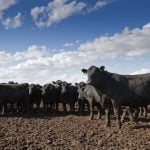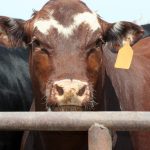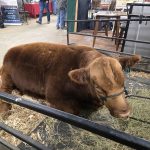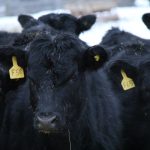Canadian Cattle Young Leaders Dr. Chelsea Allan is a full-time large animal veterinarian in Ottawa, Ont., where she owns and operates a farm with her husband that they purchased in 2020. In the spring of 2021, they welcomed their first cattle, marking the beginning of a journey deeply rooted in regenerative farming practices. Allan is […] Read more













